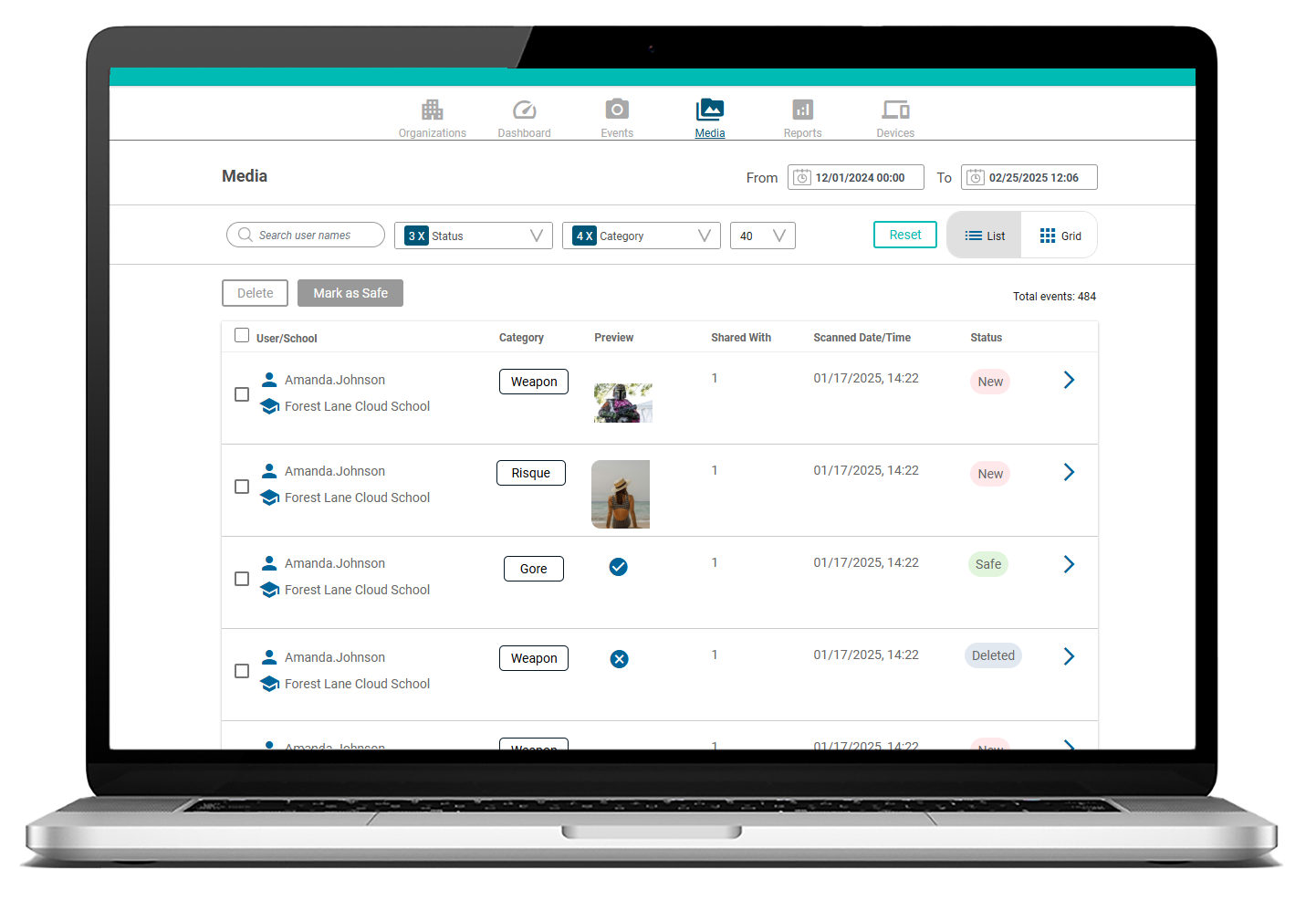University of Manchester strengthens cybersecurity with Tanium after major data breach
In the wake of a significant data breach in May 2023, The University of Manchester has implemented Tanium’s Converged Endpoint Management (XEM) platform to enhance its cybersecurity infrastructure.
The breach, which compromised the university’s network and sensitive information, forced the institution to shut down several services to mitigate the damage. Since then, the university has been working closely with Tanium, alongside partners Microsoft and ServiceNow, to secure its network of nearly 40,000 endpoints.
The XEM platform has provided the university with real-time visibility, control, and remediation capabilities, allowing it to monitor and manage all connected devices on a single platform.
The University of Manchester’s Chief Information Officer, Patrick Hemmaway, acknowledged the significance of this partnership:
“By combining the strengths of Tanium with ServiceNow and Microsoft, we now have a single, strategic platform that allows us to have a complete and accurate Configuration Management Database (CMDB) with real-time data, enhanced threat detection, and response capabilities.
“These partners are helping us significantly increase our security posture by staying at the forefront of technology and addressing tomorrow's needs.”
The breach highlighted the growing complexity of cybersecurity threats facing large institutions like The University of Manchester, which operates across multiple campuses.
Universities are particularly vulnerable to cyberattacks due to their vast networks of staff, students, and external researchers. With incidents like ransomware and phishing on the rise, it has become crucial for higher education institutions to proactively manage vulnerabilities.
Kirk Bellerby, Education Lead, UK at Tanium, emphasised the importance of addressing these challenges:
“Large, intricate, multi-campus organisations like The University of Manchester must be prepared for a cyberattack to occur, as they increase in frequency and complexity. To defend against threats, higher education institutions need to measure and control the known vulnerabilities across their networks while remaining user-friendly for both staff and students.”
The University of Manchester’s increased investment in cybersecurity has already yielded positive results. The university was recognised by the UK government for its compliance with Cyber Essentials, a government-backed scheme designed to help organisations protect themselves against a wide range of cyberattacks. The UK’s National Cybersecurity Centre also recognised the university as an academic centre of excellence for its research in cybersecurity.
Looking forward, The University of Manchester plans to further enhance its security infrastructure. One initiative involves the use of artificial intelligence (AI) to analyse legacy data, improving threat detection and response times. The university also plans to make it easier and safer for researchers to collaborate with external colleagues by securely sharing data.
Hemmaway stressed the importance of continuing to evolve the university’s cybersecurity capabilities, noting the value of Tanium’s platform in achieving this goal:
“We’re committed to further leveraging Tanium’s platform to improve our security posture and ensure that our researchers can collaborate securely with peers outside the university. As we continue to adapt to new challenges, our goal is to stay ahead of emerging threats and maintain a secure environment for both our staff and students.”





















